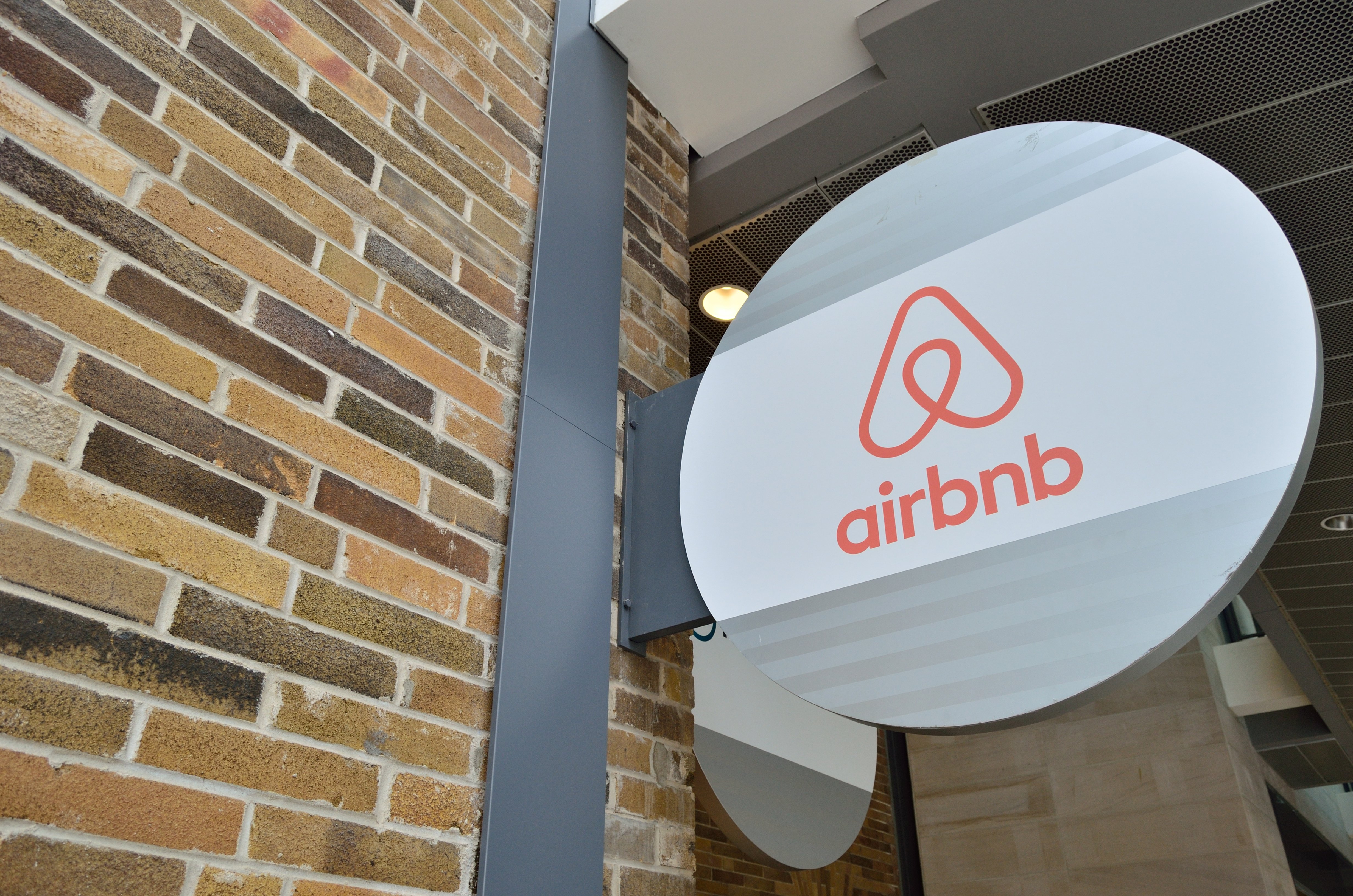Short-term rentals, enabled by platforms such as Airbnb and VRBO, are a big businesses, a boon to hosts, often greatly advantageous for guests, and, for the most part, unregulated in Connecticut. Someone, and we suggest that it be the Connecticut Office of Policy and Management, needs to take the initiative to draft model regulations for local governments and work with the General Assembly in developing a statewide statutory and regulatory scheme that appropriately enables short-term rentals while protecting the interests of all the stakeholders.
In 2018, Airbnb alone supported 3,800 hosts in Connecticut, who earned a total of $35 million in accommodating about 170,000 guests. That’s almost a 50 percent increase in the number of guests from the year before and a 40 percent increase in revenues. The hosts averaged $6,700 from their short-term rentals during 2018. Money like that cuts both ways. It might enable someone to stay on in their home and to live more comfortably. On the other hand, it might incentivize owners to hold properties for short-term rental, rather than sell them to others who would live there full-time or rent them to families for the long-term. A consequence of that is loss of affordable housing.


 Airbnb office
Airbnb office


